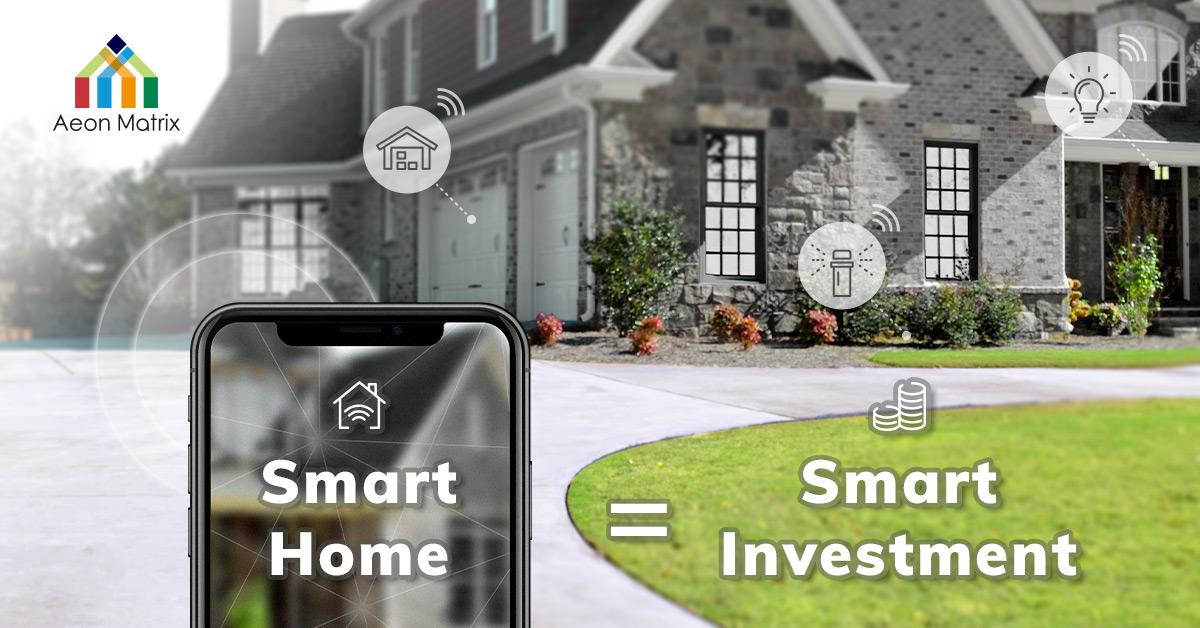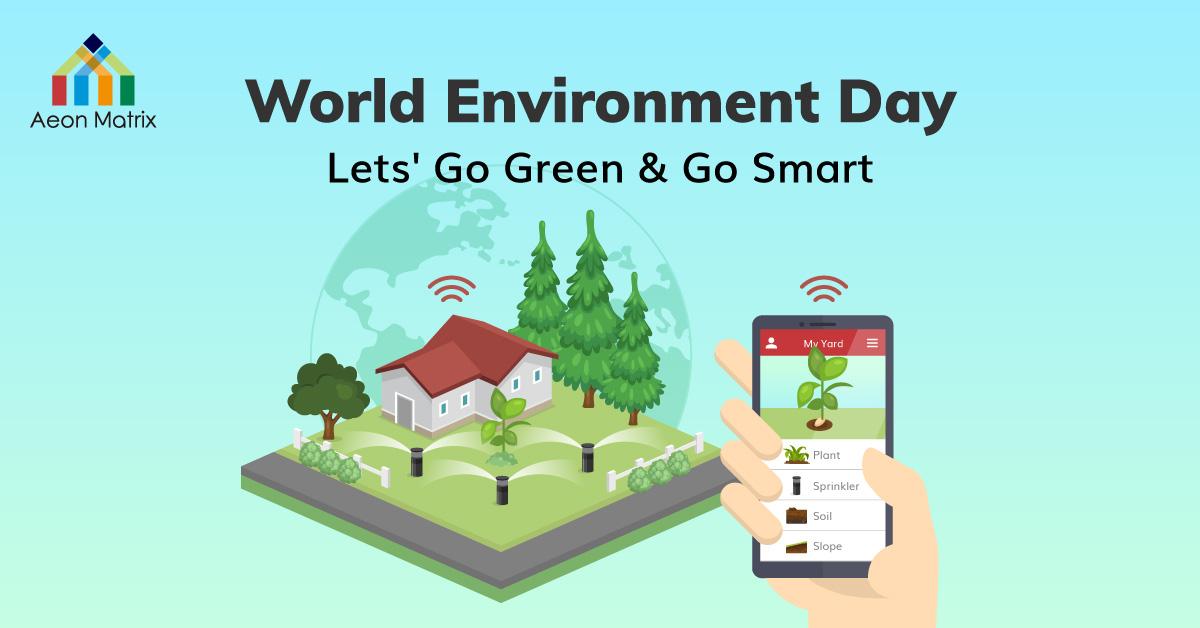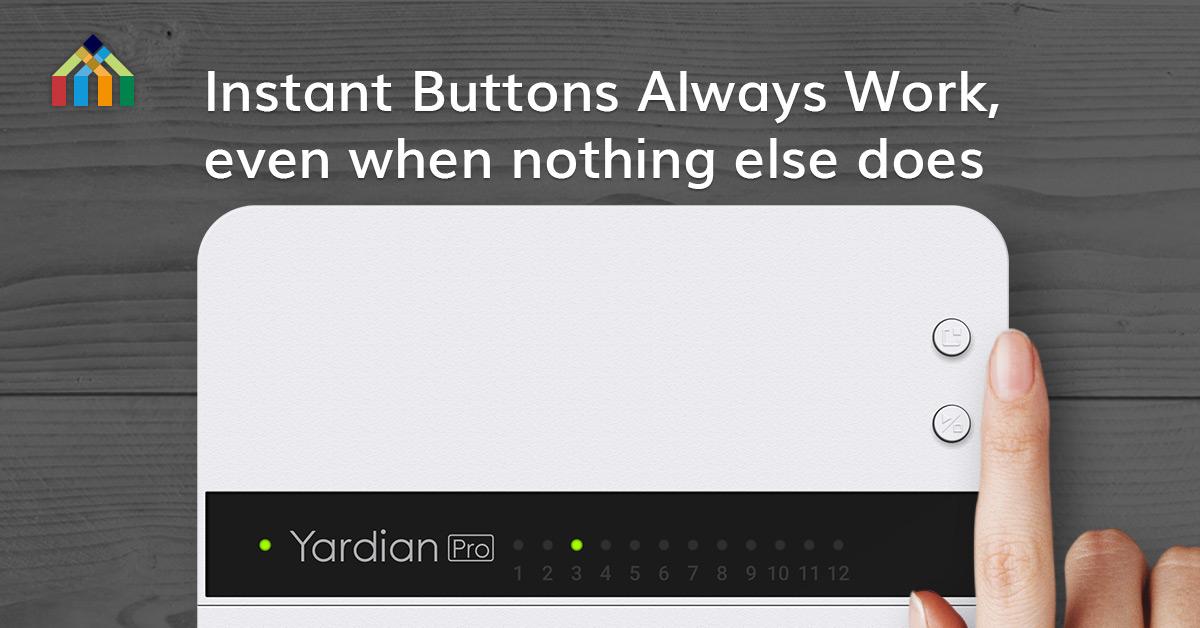Treating Your Smart Home Like an Investment

Smart homes, which are properties empowered by an intelligent and inter-connected personal network online, can maximize convenience for the resident. For a time, these advancements were perceived as optional embellishments rather than practical assets. But today, smart homes are becoming more commonplace in a rapidly digitalized society. In fact, in 2019, the US had the highest recorded smart home penetration rate. An estimated 27% of the population had at least one smart home device, and with revenue projections to skyrocket come 2024, one can expect that more homes will have smart technology.
Admittedly, smart tech is not cheap as smart devices can range from a couple of hundred dollars to costing thousands of dollars. So how can you start building your own smart home without breaking the bank? And is it even worth it?
How to Invest in Smart Tech
A smart home guide on Investopedia, a popular site for beginner financial guides, explains that there are more recreational appliances like speakers and home theater setups in smart homes. Essential like thermostats, lights, and security features can also be optimized by smart tech to lessen waste, cost, and energy output. Investing in upgrades for these home systems before purchasing any new smart devices is actually a more cost-effective way to build out your smart home.
A good example would be your often neglected watering system. With a smart watering system, you can use a variable scheduling technology that takes local weather forecasts, soil water levels, and regional water restrictions into account. This delivers a more efficient sprinkler cycle which the Environmental Protection Agency (EPA) has said could save up to 50% of irrigation water. That comes out to almost $300 in water savings a year.
Another practical way to start investing in smart tech is with home security and video monitors. A network of CCTV cameras and motion detectors can keep you safe and give you peace of mind. Smart home technology allows homeowners to check on these feeds anytime from anywhere, and you can even remotely adjust certain settings. The system can be set to send you security alerts that can even be routed by the technology to a private security provider. Because smart home security addresses many weaknesses in traditional home security, you can also be eligible for lower insurance premiums.
Smart Home ROIs
Now, let’s say you’ve been able to invest in more smart devices. How does this get you financial returns and not just added comfort?
For starters, smart devices are able to fine-tune energy consumption which directly lessens costs. Automated lights, for instance, use LED bulbs which save up to 75% more energy than regular incandescent ones. Traditional HVAC systems can be replaced by smart thermostats, which could save up to 50% of household heating bills. These can be programmed at optimal temperatures that will be maintained at minimal energy. They can also automatically adjust in response to motion detected, meaning they will only power up if someone is home. Energy savings can further be increased since smart hubs—which can manage temperature, music, TVs, and more all from one console or app—allow you to set schedules and monitor energy usage remotely.
If you are planning to stay in the property for an extended period of time, the savings you make from the above smart features can go towards a fund. This fund can then be used to better improve your home through more investments. More effective than a traditional savings fund, Marcus states how a high-yield savings account can help your money grow through compounding interest. If you save long enough you can pay for additional smart devices or other improvements that will add value to your property. In this way the smart home investments end up paying for themselves.
In the long run, if you’re thinking of selling your property, the National Association of Realtors notes that 36% of buyers are millennials, who’re likely to have a preference for smart-fitted homes. A Concept Community Study even showed 18% of realtors with active listings found smart home features sold faster and could be valued 11% more.
At the end of the day, smart tech is all about making your life easier. With remote work and learning still in our immediate future, investing in a smart home today seems as good a time as any.
exclusively written for yardian.com By Amanda Dittman

